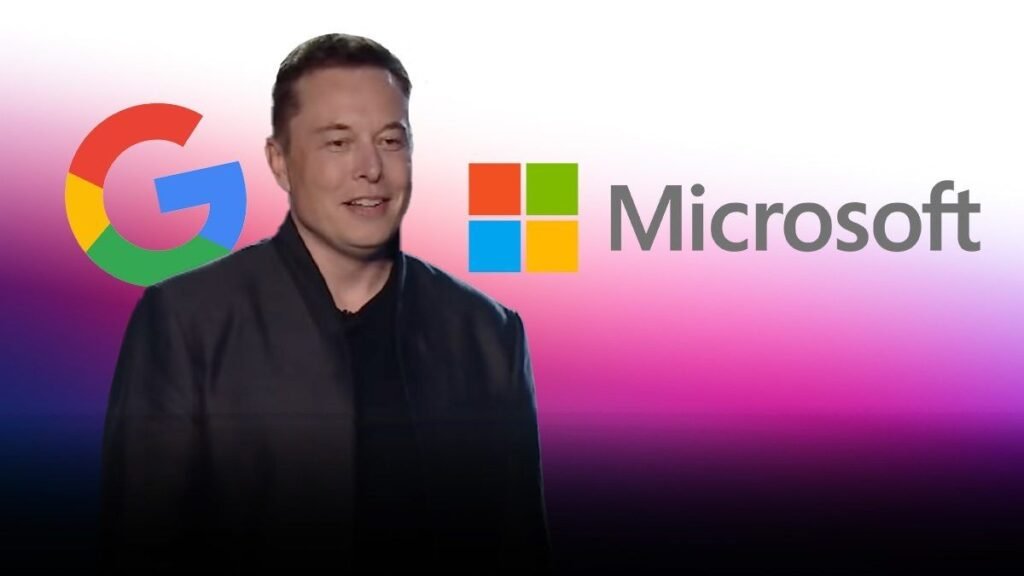In a world where big tech companies hold the keys to vast digital kingdoms, skirmishes have recently been brewing on the virtual plains of social media. After purchasing a new Windows laptop, Tesla’s visionary CEO Elon Musk took to his platform X to express his dissatisfaction with Microsoft. What is the core of his complaint? The seemingly mandatory requirement that he create a Microsoft account to access his devices is seen by Musk as onerous and a potential privacy violation. The incident sparked a broader debate about user autonomy, privacy, and the growing control of tech conglomerates over our digital lives.
Unraveling Musk’s grievances
Elon Musk’s experience with his new Windows 11 laptop resonated with many. When trying to set up the device, Musk was faced with the need to create or log in to a Microsoft account. This seems like an inevitable step for users who want to access all the features the operating system has to offer. Musk’s main concerns, as expressed in X, revolve around the implications of allowing Microsoft’s AI systems to access his computer. This reflects his broader concerns about the expanding role of AI in digital tools, as highlighted in his recent criticism of Google’s Gemini AI.of discussion Musk’s post drew attention to the issue from users and parody accounts alike, sparking numerous reactions.
Community reaction and workarounds
In response to this uproar, tech-savvy individuals and enthusiasts began sharing the possibilities. Workaround Bypass the Microsoft account requirement for Windows 11 Setup. It outlines a simple three-step process and offers a glimmer of hope for those looking to maintain some distance from the Microsoft ecosystem. This discourse not only emphasizes the community’s desire for alternatives, but also highlights growing concerns about the balance between user experience, privacy, and security in the digital age.
Microsoft stance and security rationale
Microsoft defends account requirements as a way to provide a seamless and secure user experience. The tech giant claims this approach will enhance the functionality and safety of its devices, from streamlined updates to integrated services that benefit end users. However, the case has raised serious questions about the nature of consent and the extent to which companies can impose such requirements in the name of convenience and security.
In a digital environment characterized by rapid innovation and increased scrutiny of tech conglomerates, Elon Musk’s recent experience with Microsoft highlights the ongoing conflict between user autonomy and the ambitions of digital giants. It is a poignant reminder of tug of war. As the conversation progresses, we are encouraged to be willing to trade digital freedom for the promise of convenience and security. This episode also highlights the importance of dialogue and transparency in navigating the complex web of technology that envelops our modern lives.

